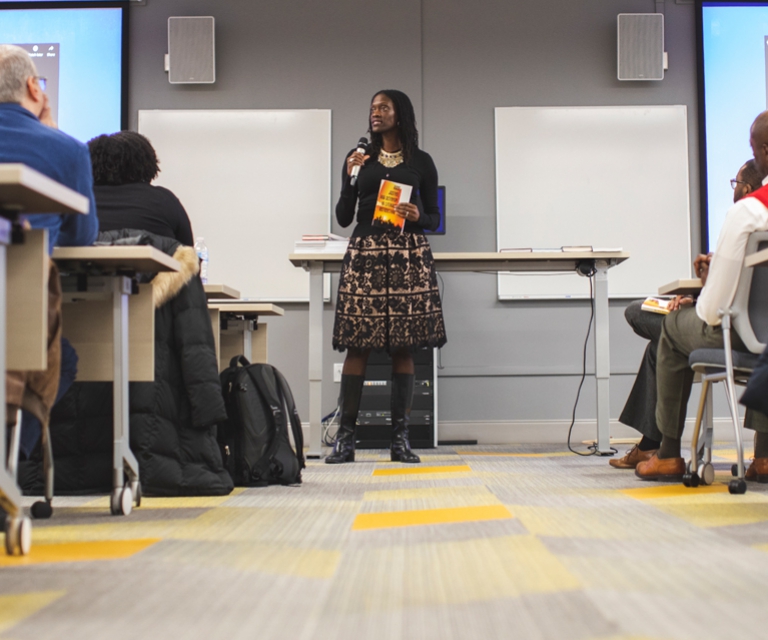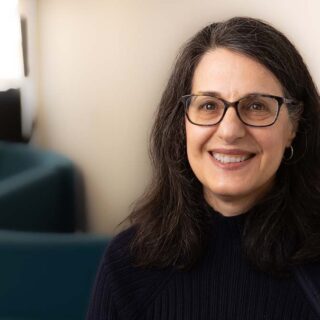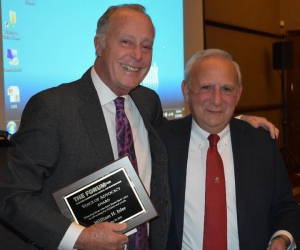
New Book Focuses on Equity and Justice in Literacy Education
Valerie Kinoch, the Renée and Richard Goldman Dean of the University of Pittsburgh School of Education, has released a new co-edited book titled, Race, Justice, and Activism in Literacy Instruction. It advocates for social change by encouraging educators to engage in equity and justice-centered literacy work.
The book was co-edited with Tanja Burkhard, postdoctoral associate in the Pitt School of Education, and Carlotta Penn, director of community partnerships in the College of Education and Human Ecology at Ohio State University. The forward was written by Yolanda Sealey-Reuiz, associate professor of English Education at Columbia University’s Teachers College.
“This book serves as a conversation into how and why we must engage in this work and it contributes to ongoing discussions about how this work could look in schools and communities,” said Kinloch, who is also an American Educational Research Association (AERA) Fellow and the vice president of the National Council of Teachers of English (NCTE).
Kinloch’s new co-edited book was celebrated at a book release event in the School of Education this past February. More than 100 people from the school, the broader university, and the community at large gathered into the Posvar Hall Dean’s Colloquium Room to hear Kinloch talk about the book and its contributors, to read passages, and to connect the book to larger themes reflected in the mission-vision of Pitt Education.
Kinloch began by providing an overview of the book. Across 11 chapters, leading literacy scholars wrote about teacher preparation in the digital age, rethinking curriculum and pedagogy in schools, activism and community engagement, and the politics of race and language among Black youth. Kinloch also read excerpts from the book’s interludes, which were written as poetic reflections with the book’s co-editors. The interludes recognized the lives of Youth of Color in context of the Black Lives Matter movement as well as outlined a path forward for teachers, educators, and researchers to engage in equity and justice-driven literacy instruction in the United States.
“The book is about what we are doing to impact change,” said Kinloch. “The chapters are all reflective of what we know about race, justice, and activism, and how we design curricula and teach in critically conscious ways.”
Creating Catalysts for Change
At the book release, Kinloch invited the school’s Associate Dean for Equity and Justice, Leigh Patel, to speak about the chapter she contributed to the book titled, “Generations of Fugitive Literacy Teacher Education and Activism.” According to Patel, “This book brings to the forefront the question of who has the right to write themselves into the world… People of Color are withheld access because language has “catalytic power” and can bring about change to the social order.”
Following her discussion of the book, Kinloch invited questions from the audience on a range of topics presented in the volume. One audience member, who identified herself as “a White middle school English teacher,” asked how she can effectively teach through an equity-based lens as a White woman working with Students of Color, given her own limited experiences.
Kinloch encouraged her to, “Name it and acknowledge it. Name yourself as a White woman. Oftentimes, we tend to leave the self out of the classroom and the reality is that we cannot. Once you can name who you are, then you can invite others to do the same and, collectively, you can nuance understandings and misunderstandings of identities as you nuance the experiences that People of Color have with racism and injustices.”
Kinloch ended her presentation by addressing how the School of Education is making efforts to be more responsive to communities when it comes to learning and engagement. To do this, the school is rethinking how and where its educational programs are offered.
Kinloch said, “We need to better understand that our School of Education can have a greater impact if we meet people where they are and in communities, rather than expecting them to always travel to Pitt’s campus in Oakland.” She offered examples such as increasing programming at Pitt’s Community Engagement Centers, in out-of-school spaces, and during the summertime, as well as by expanding our online learning options.
“If you don’t remember anything else from tonight,” Kinloch told the audience, “remember that we need to be committed to positively and critically transforming education structures and policies, especially for the people who are here now and who will be here after we are gone.”
Learn More
-
Watch the mission-vision video of the School of Education
-
Read about the school’s commitment to equity and justice
-
Read about the school’s community engagement in projects all over the world




